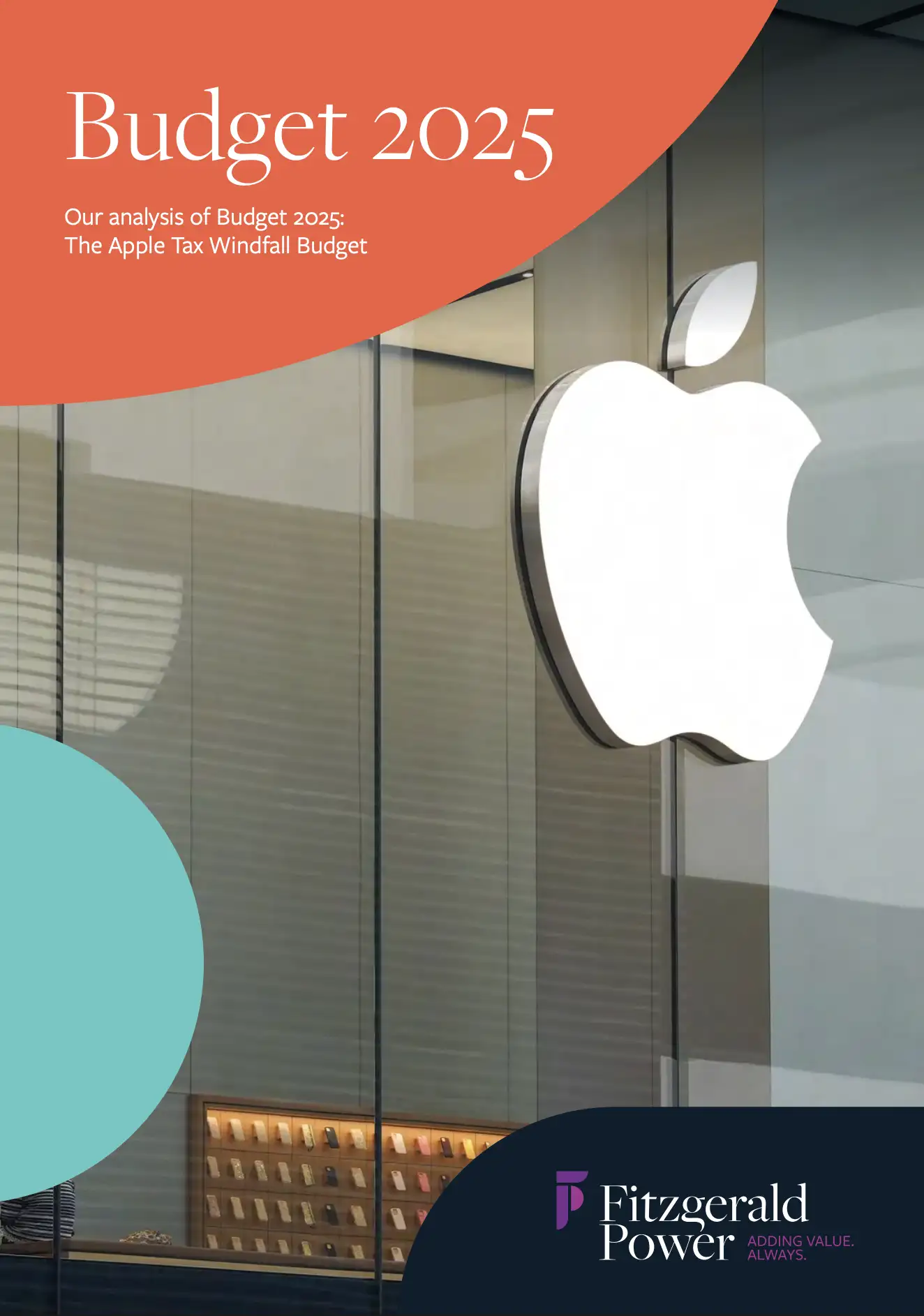Budget 2025 has been one of the most anticipated budgets in recent years, and it seems to have largely met expectations (political and coalition drama aside!).
The Government’s Summer Economic Statement, released in July, provided a clear indication of the fiscal parameters for Budget 2025, and for the most part, there have been few surprises.
The cost-of-living pressures and economic upheaval many have faced in recent years mean that both the Cost of Living and Social Protection packages, along with the USC rate cut, will offer a much-needed and anticipated boost for low to middle-income individuals, amounting to hundreds to euros.
The Housing Crisis continues to dominate Budget 2025 announcements. The extension of the Help To Buy Scheme for first-time buyers until the end of 2029, along with an increase in the Rent Tax Credit, should assist in providing more certainty and security for both buyers and suppliers in the market.
From a business perspective, this year’s budget focused on reliefs to further encourage research, development and innovation, which will further assist in providing Ireland with a competitive advantage for attracting inward investment. The extension of the EIIS and Start Up relief incentives will also provide resilience and certainty for SMEs and start-up businesses.
Unsurprisingly, environmental sustainability remains one of the biggest challenges facing the current government. The tax incentives announced around ‘green initiatives’ are an unsurprising but essential step towards creating climate resilience in this country. Time will tell whether these measures are sufficient to drive the necessary shift, but there is no doubt that tax incentives will play an integral part in the government’s sustainability strategy in the coming years.
Finally, there was disappointment for SMEs, particularly the hospitality sector, with the absence of the much-lobbied-for VAT rate reduction. This omission is another setback for a sector that has faced numerous closures and hardship in recent months, with many calling for more targeted financial incentives in the budget.






